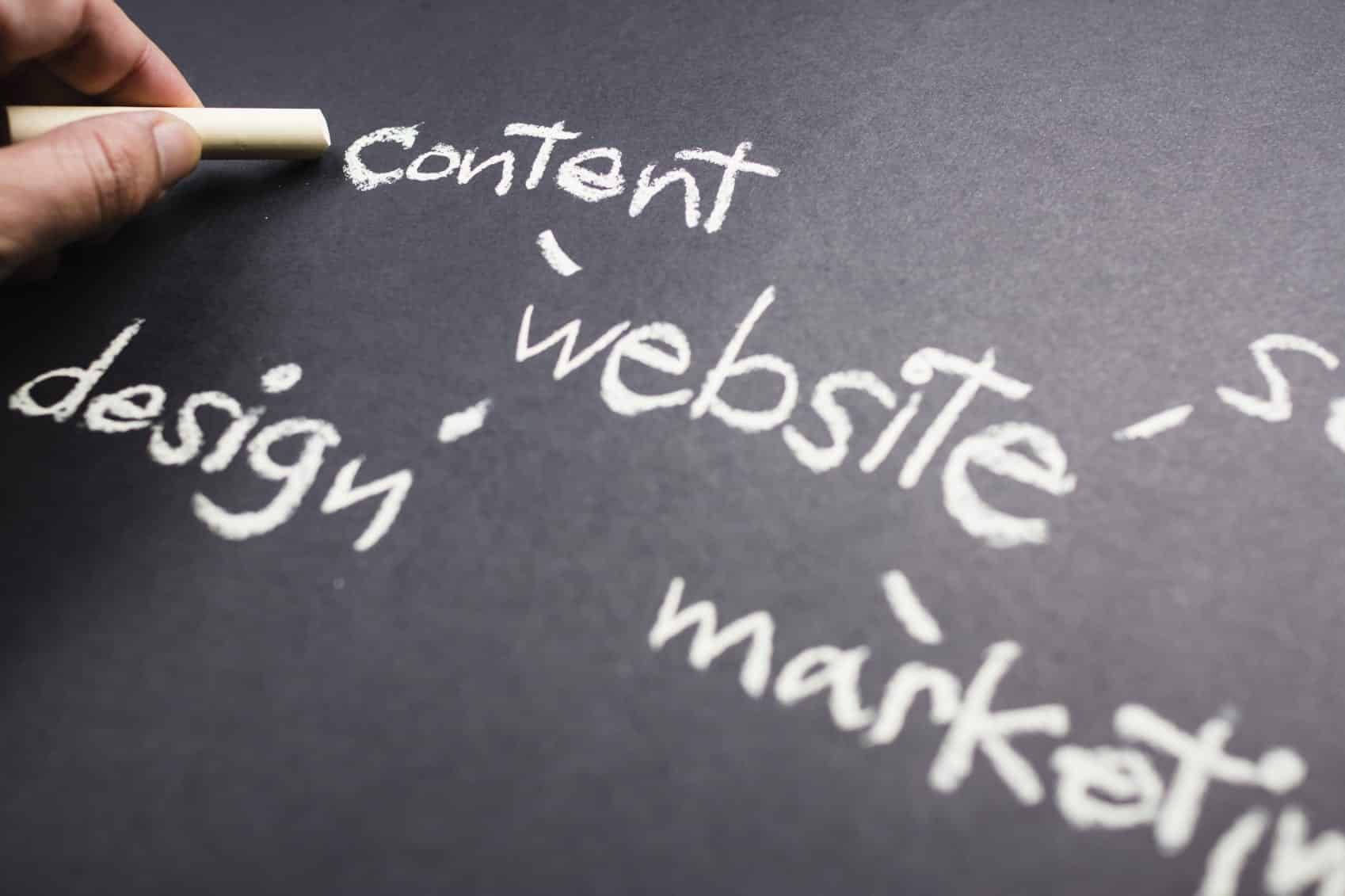By Wes McDowell
There is a very fine line between telling customers you are the best choice, and telling them why. Truly effective web copy needs to connect with your audience, and make a case for why they couldn’t possibly live without your product or service.
Unfortunately, many small businesses (usually with small marketing budgets), make the rookie mistake of simply bragging about themselves on their websites. They think that by announcing their virtues to the Internet, potential customers will blindly follow.
If only it were that easy.
The harsh reality is, your customers don’t really care if you’re the best. They don’t even care if you’re any good. All they care about is how you can help them. So in order to capture their attention, and convince them to convert on your website, you need to appeal to their own self interests.
Every bit of copy on your website should aim for a single goal: a conversion. Any web copy that doesn’t serve that purpose should be weeded out immediately.
Self-Serving Copy
From an early age, we are taught to speak up for ourselves. If we want something we should go after it, and if we are doing a great job, we should be able to express that. Entrepreneurs are especially known for having healthy egos; It’s hard to be successful without one. Unfortunately, your website isn’t the place for it.
Take a look at this headline: “#1 World-Class Invoicing Software Since 2010.”
I don’t know about you, but this doesn’t strike me as particularly persuasive. Why not? Because it doesn’t address any specific problem or concern. And most of all, it doesn’t say how I will benefit from using it.
To play devil’s advocate, the copywriter probably thinks that the benefit is implied. Obviously “world-class invoicing software” will help me solve all of my invoicing needs. But this is flawed logic. Marketing copy cannot rely on people inferring anything from it. It must be blatantly stated to be effective.
Whenever you use a headline to talk about how amazing your offering is, you are missing the opportunity to tell your customers what they will get out of the deal. I know you are very passionate about your business, but never mistake your passion for what motivates your customers.
Are You Writing to Win a Pulitzer or to Grow Your Business?
Another way a website can go off track is when you write to impress your audience with your words, rather than to persuade them to take action. You may have poetry in your heart, but that doesn’t translate very well to effective web copy.
For one, if you’re writing with an intent to impress, you’re likely to veer off-course from the topic at hand. Keep in mind that web copy should be very short, and make use of bulleted lists, none of which lends itself to flowery language.
Secondly, verbose text will likely only confuse your audience. And it’s true what they say: A confused mind usually says “no.”
How to Turn Your Brags Into Benefits
Now that we know what doesn’t work in the world of web copy, let’s take a look toward the light.
The good news is, you probably don’t have as much work to do as you might think. Start with what you already have, and convert it all into a bulleted list. Put each bullet point in a different context, so that it addresses a specific pain point, and conveys a benefit.
To use our earlier example, “#1 World-Class Invoicing Software Since 2010” would become “We’ll Handle Your Invoicing. You Have Enough To Do.”
If you can alleviate customer pain-points, and preemptively squash objections, you will see a dramatic increase in conversions. Your site probably already partially addresses some of these points, so just comb through what’s already there, and rework them into obvious benefits.
Final Thoughts
One of the oldest pieces of advice for winning people over is to stop talking about yourself, and focus on them. I can tell you from first-hand experience, it works. It’s an effective tactic for building personal relationships, and it certainly does the trick when trying to maximize website conversions.

